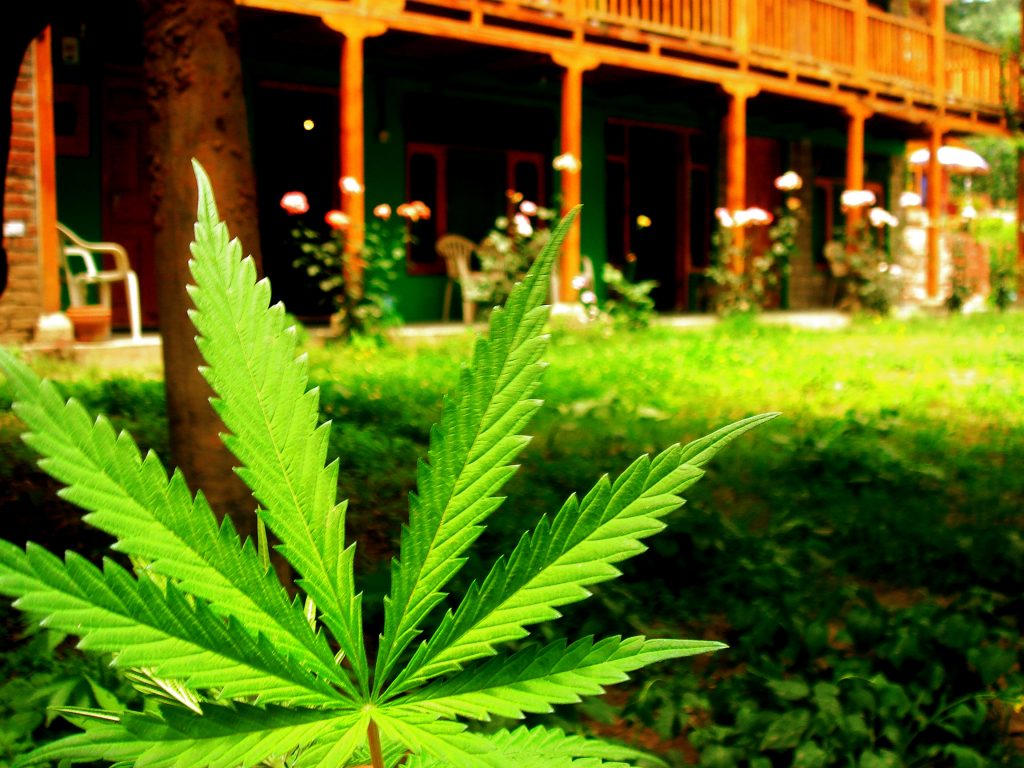Pot For Potholes?
Could legal marijuana fund road repair, and what would it mean for Michigan?

Stephen Henderson talks with Lansing Mayor Virg Bernero about legalizing and regulating marijuana in the state of Michigan.
They discuss regulation, possible tax revenue, and the practical side of legalizing marijuana. Some of the major points of their conversation are:
- Pot for potholes. “Pot for Potholes” is a grassroots movement to legalize marijuana and tax it to fund road repair. Bernero says that we should take marijuana from the governmental expenditure column to the revenue column. He quotes an estimate that Michigan could make $200-300 million per year in tax revenue from legal marijuana.
- Legalization vs. regulation. Bernero says that one of the problems with Michigan’s medical marijuana law and with local laws legalizing marijuana is they do not have the ability to effectively regulate sale, production, and distribution. He thinks that a regulatory framework is key, and will take people “out of the shadow” and into open, legal markets. He points out that because Michigan will not be the first state to legalize marijuana, we can learn from other states’ mistakes.
- Public initiative. Bernero claims the public is ahead of legislators on marijuana. He believes there will have to be a public initiative to legalize marijuana in Michigan, and that this could happen in the next year.
- The cost of enforcement. Bernero points out that because marijuana is considered a class 1 drug, possession is a serious charge. He says that because it is illegal, people are arrested and given criminal records for possession. He points out that while usage rates are the same between black and white people, black people are arrested for marijuana possession at a higher rate.
- Prohibition has failed. Bernero compares the current illegal status of marijuana to the prohibition of alcohol in the 1920s. He says that keeping a widely available substance illegal creates disrespect for the law and leads to increased violence and criminal activity, while legalization would not.
Click the audio link above to hear the full conversation.
